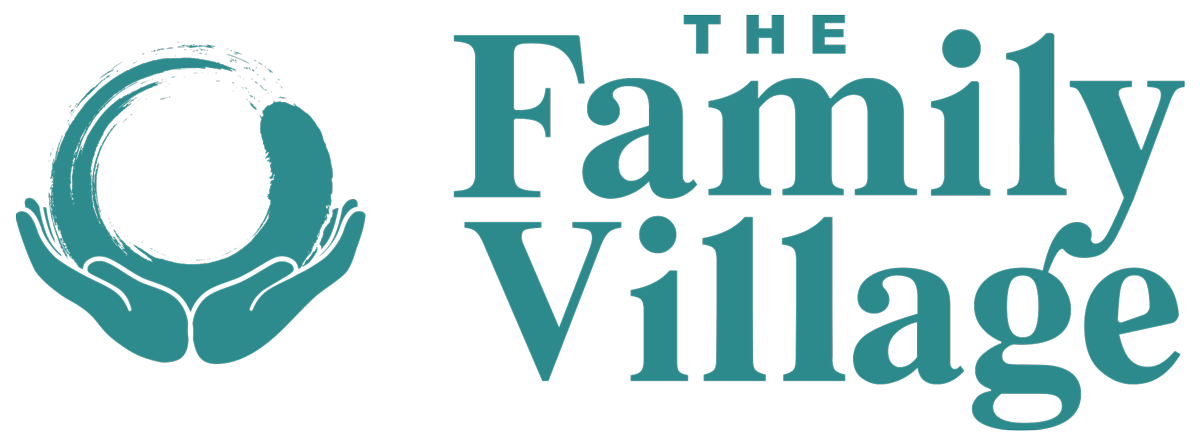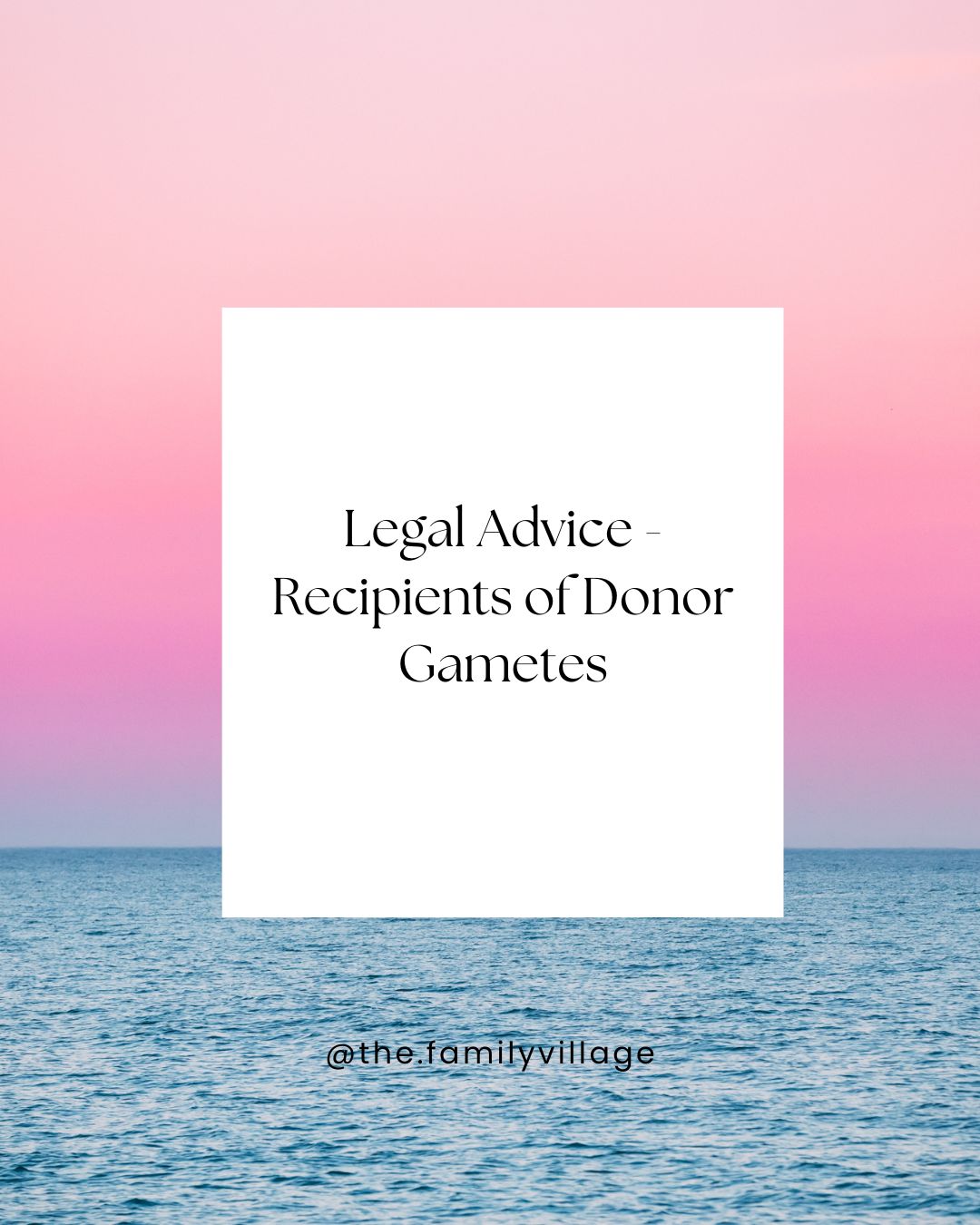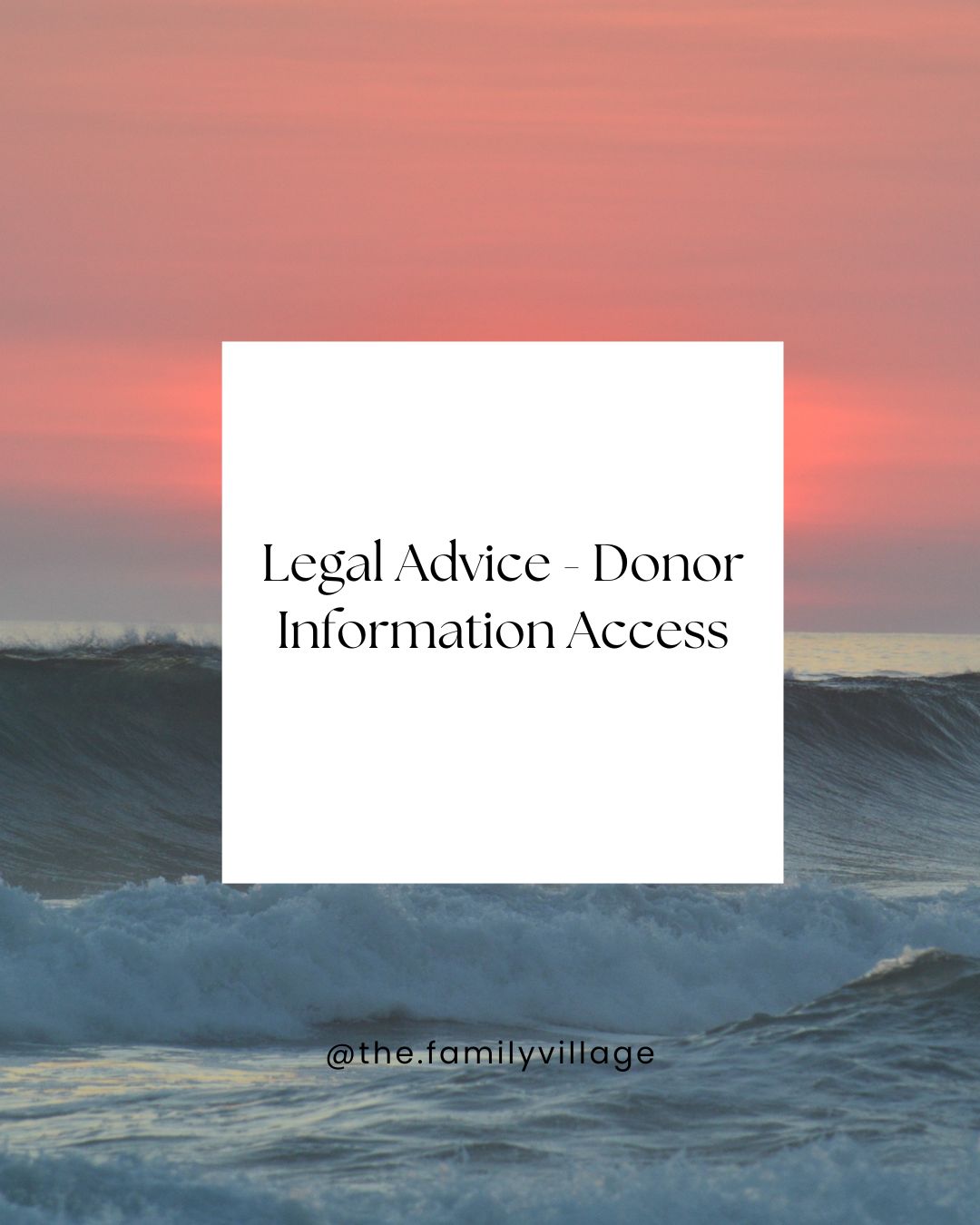Building your family with the help of a donor—whether through sperm or egg donation—is a significant and deeply personal decision. While it can be a fulfilling path to parenthood, it is essential to understand the legal considerations involved, particularly when entering into a private donation arrangement.
We encourage you to read our blog on the importance of donor agreements, which we’ve linked for your convenience.
We understand that while donor recipients are often profoundly grateful for the gift of donation, they may also have concerns about the donor’s ongoing involvement and legal rights in their lives and that of any child conceived. Many also seek clarity regarding parental responsibility and legal status.
Your Legal Rights and Responsibilities
Under Australian law, donor-conceived individuals have the right to access information about their genetic origins and biological relatives—including their donor and donor-conceived siblings. This applies even to donations that were originally made under conditions of anonymity before 2004.
Parents of donor-conceived children under the age of 18 can access this information, and donor-conceived individuals over the age of 18 can do so themselves. In Victoria, New South Wales, Queensland and Western Australia, this information is maintained in central donor conception registries. In other states and territories, the records are held by individual fertility clinics.
We can advise and guide you though the legalities of donor conception and parentage rights.
Appointments can be made directly via the link below or by emailing us at hello@thefamilyvillage.com.au




